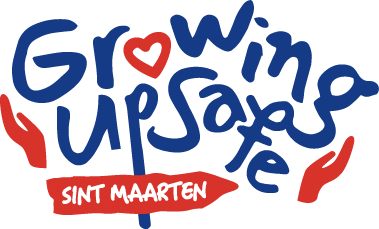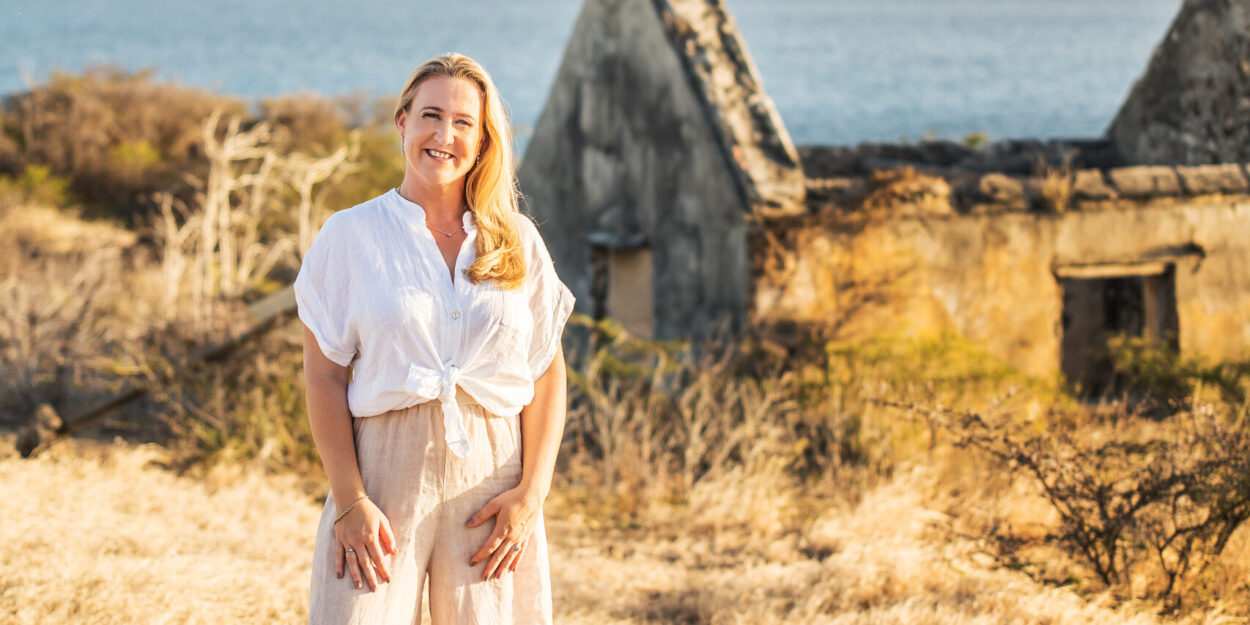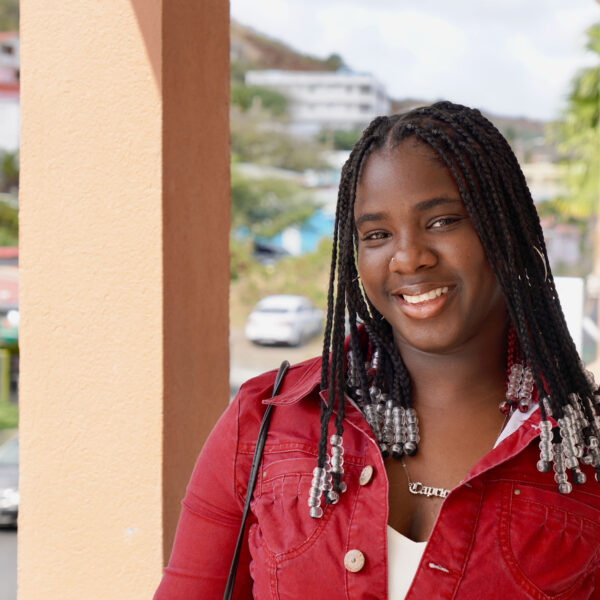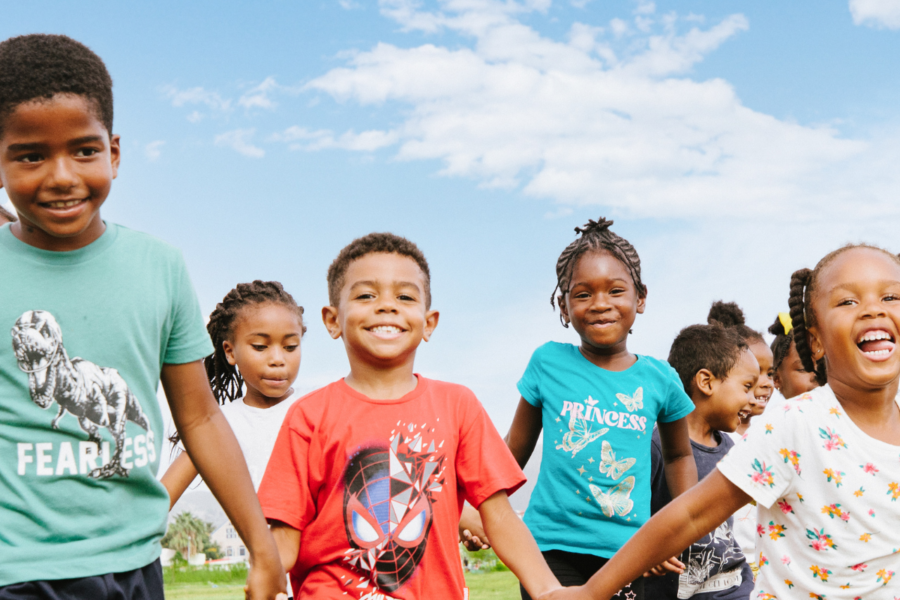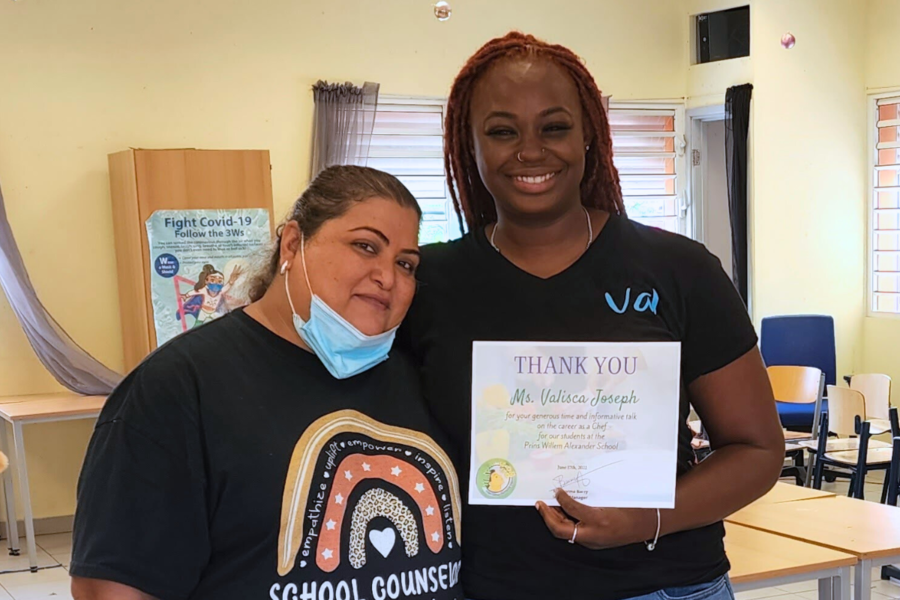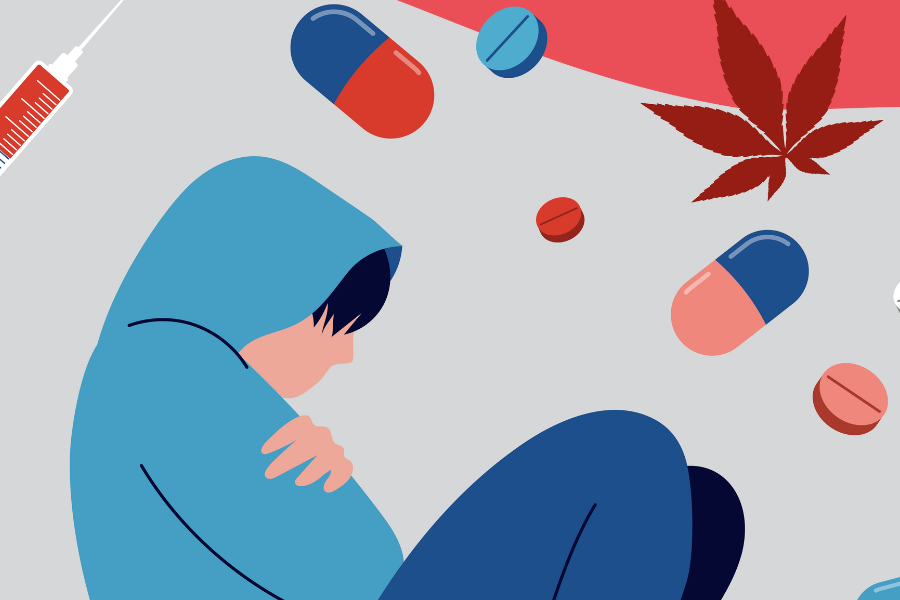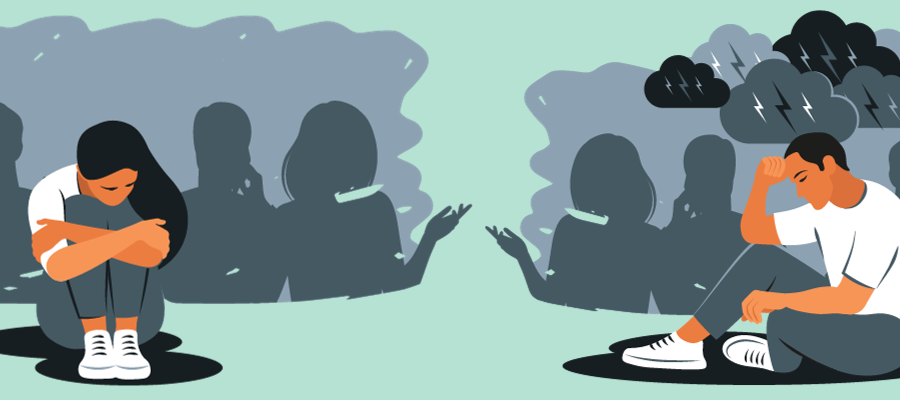Interview with Psychologist Miranda Veltman
What is a healthy family dynamic for a child? Open communication, quality time, and a safe environment within a family structure are often said to be vital to raising a child. Psychologist Miranda Veltman shares another insight: addressing your child’s and family’s trauma is imperative.
How does one create a strong or healthy family dynamic?
What do you consider a strong relationship? I have clients who express a strong relationship with their mother and father, but this is different when we explore their subconscious parts. You can hang out with your parents daily and express that you have a ‘fantastic relationship’, but there can be unresolved trauma.
Trauma sounds very heavy; what do you mean by this?
Trauma can happen in various degrees, which means something happened, and your brain has not resolved it yet. To cope with this trauma, you develop coping mechanisms. Many of us are not aware of our coping behaviours. For example, if your mother was dismissive of your feelings as a child, this might express itself as a need for validation from others as an adult. Trauma and our coping mechanisms can be embedded in how we live our lives, so many people also attach their identities to their coping styles. However, once you process your trauma(s) and uncover your coping habits, you will likely figure out that they have nothing to do with who you are at your core (your identity).
How do you uncover these hidden traumas? It doesn’t sound easy!
Think of yourself as an onion. Many things you do are layered, connected, and done subconsciously. You need to take time to reflect and take time to understand your layers. Our bodies create coping mechanisms to protect themselves. You experienced an uncomfortable or painful situation, and your body and mind don’t want to go through that again. Coping behaviours, whether they are physical or emotional reactions, are put in place to protect you but might not be healthy for your development. For example, not wanting to trust others due to past experiences would stand in the way of you having meaningful connections. Most people can benefit from exploring their subconscious with a professional, such as a licensed therapist. I also recommend looking into the Intention Method from Franz Ruppert.
How does this work regarding children?
Most of the time, trauma and coping mechanisms in children are based on their environment. For example, your mama will beat you if you are not quiet. This child’s behaviour will correlate directly to the trauma of being fearful of being themselves and being physically abused by their mother. The child’s coping mechanism can present itself in various ways; maybe they are very quiet and withdrawn, or they mimic this behaviour and act out in violent ways toward others. They will be identified as a violent child (and later adult), but this is not their identity but a coping mechanism for their trauma. The child learned to use these behaviours to survive in his or her environment. It is a survival mechanism, so we mustn’t take it personally.
How do we help children that have trauma?
With open communication, mindfulness, and, if needed, professional help such as therapy.The biggest issue is that children are very dependent on their caregivers, and we cannot take away their coping styles if their environment remains unsafe. In my work with schools, I have seen many children with trauma. In most cases, their trauma comes from their family dynamic and environment. However, when the child is sent to counselling or therapy, their families drop them off and drive off. This is impossible. The family needs to work through this together.
So, do you mean that the whole family might have trauma?
That sounds dramatic, but this could be, to varying degrees. If the mother is hitting her child, this can be behaviour that she learned from her parents (thus she also has trauma), and it can also be a coping mechanism to stress. If you want your child to develop into their most authentic and best self, as their parent or caregiver you need to acknowledge your trauma so that it does not affect your child. I recommend professionals who are interested in this topic read books by Franz Ruppert, a professor and therapist from Germany. Different research proves that unprocessed traumas can be seen in a person’s DNA. So, if your parents, grandparents, etc., had unresolved trauma, you could be carrying this with you in your DNA. Imagine that!
“If you want your child to develop into their most authentic and best self, as their parent or caregiver you need to acknowledge your trauma so that it does not affect your child. “
At this rate, our whole community can use therapy!
Mental health care, such as more accessible therapy, coaching, and mindfulness classes, is sorely needed across our island. We even see this physically manifest in our healthcare system with how many people are sick. Unresolved trauma leads not only to harmful coping mechanisms for oneself and others such as children but also affects your body. Think about how many people in Sint Maarten have high blood pressure. This is not normal. Better access to mental health care can prevent many of our illnesses.
Where do we start?
I strongly advocate for teaching and creating time for mindfulness in schools. When children are young, their minds and bodies are connected, and when they feel something in their body, they respond by crying, for example. As we grow up, we are often conditioned to stop listening to our bodies. Mindfulness teaches you to reconnect your body and mind; it allows you to acknowledge and process what you are feeling – which can help with processing difficult things you might have experienced during your day. In addition, most of our crucial child protection agencies are severely understaffed and do not have a behavioural therapist on staff – this is unacceptable.
In conclusion, how does one create a healthy family dynamic for their child?
You must encourage your child to be themselves. Make them feel safe in communicating both good and bad things to you. Do not lie to your child. If events have happened or are happening in your family life that might affect your child, talk to your child about this. Be aware of your behaviours and how they might be affecting your child. For example, if you had a fight with your spouse and there is tension in your home, be honest with your child and let them know that this tension has nothing to do with them and that you love them. Whatever your family dynamic, whether you are a nuclear family, single parent, a same-sex couple, etc., think about your child’s emotional needs apart from how you think they should feel about it – and address them. Then allow your child to express their feelings.
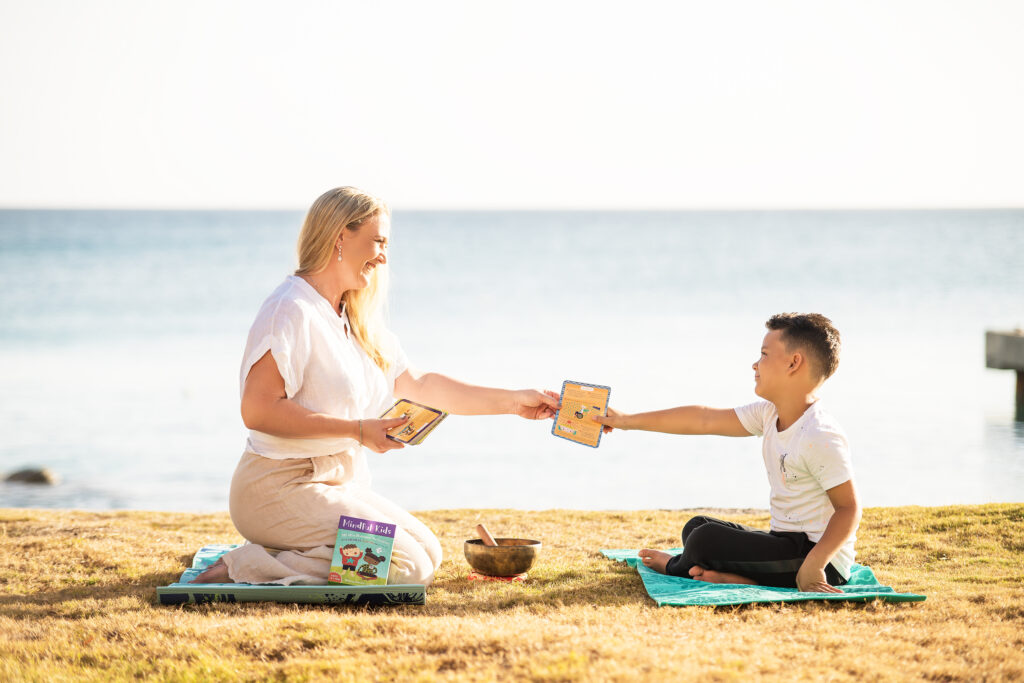
Miranda Veltman (short bio)
Miranda Veltman is a psychologist and coach in Sint Maarten. Originally from the Netherlands, she moved to Sint Maarten eleven years ago, initially working as a behaviour therapist in the education sector. In 2015, Miranda started her practice, and her clients include children, families, and couples. She also assists first responders, when needed, in collaboration with the Ministries of Justice and VSA, and provided presentations on mental health topics upon request
In addition, Miranda offers teambuilding and mindfulness courses on Sint Maarten and other islands with two other colleagues named Mindflow. When she is not providing mental health care to her clients, she loves to dance and spends time with her husband and children in her free time.
Learn more about Miranda here: www.mirandaveltman.com and www.mindflowcenter.comx
